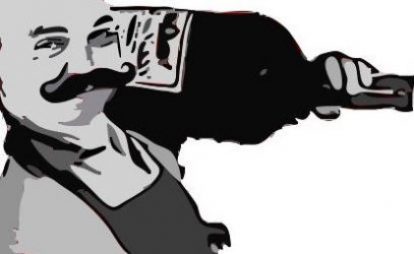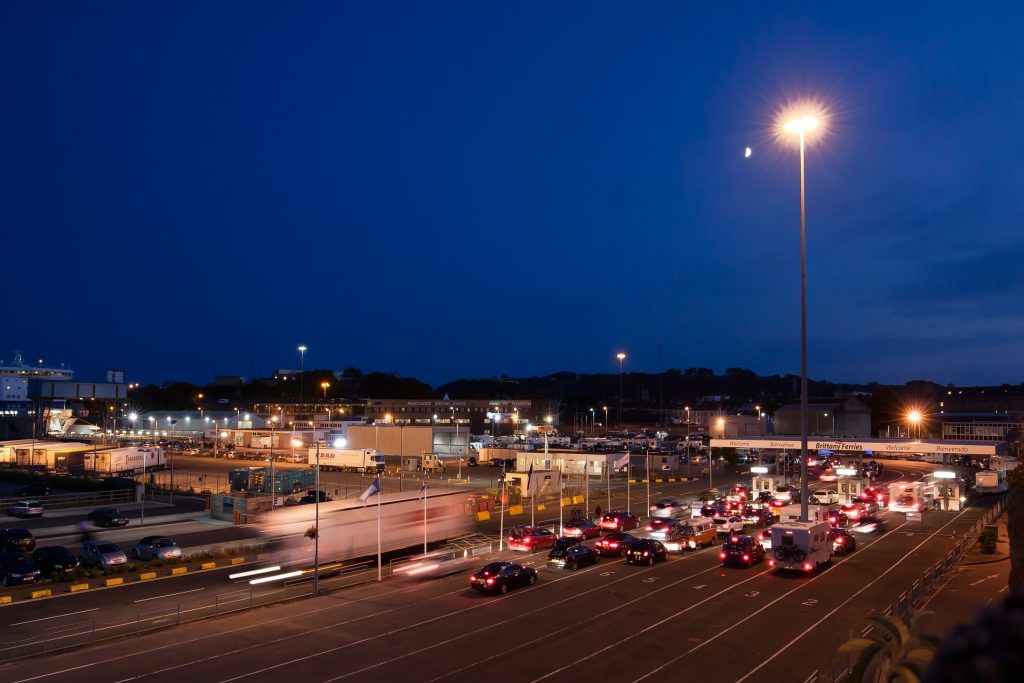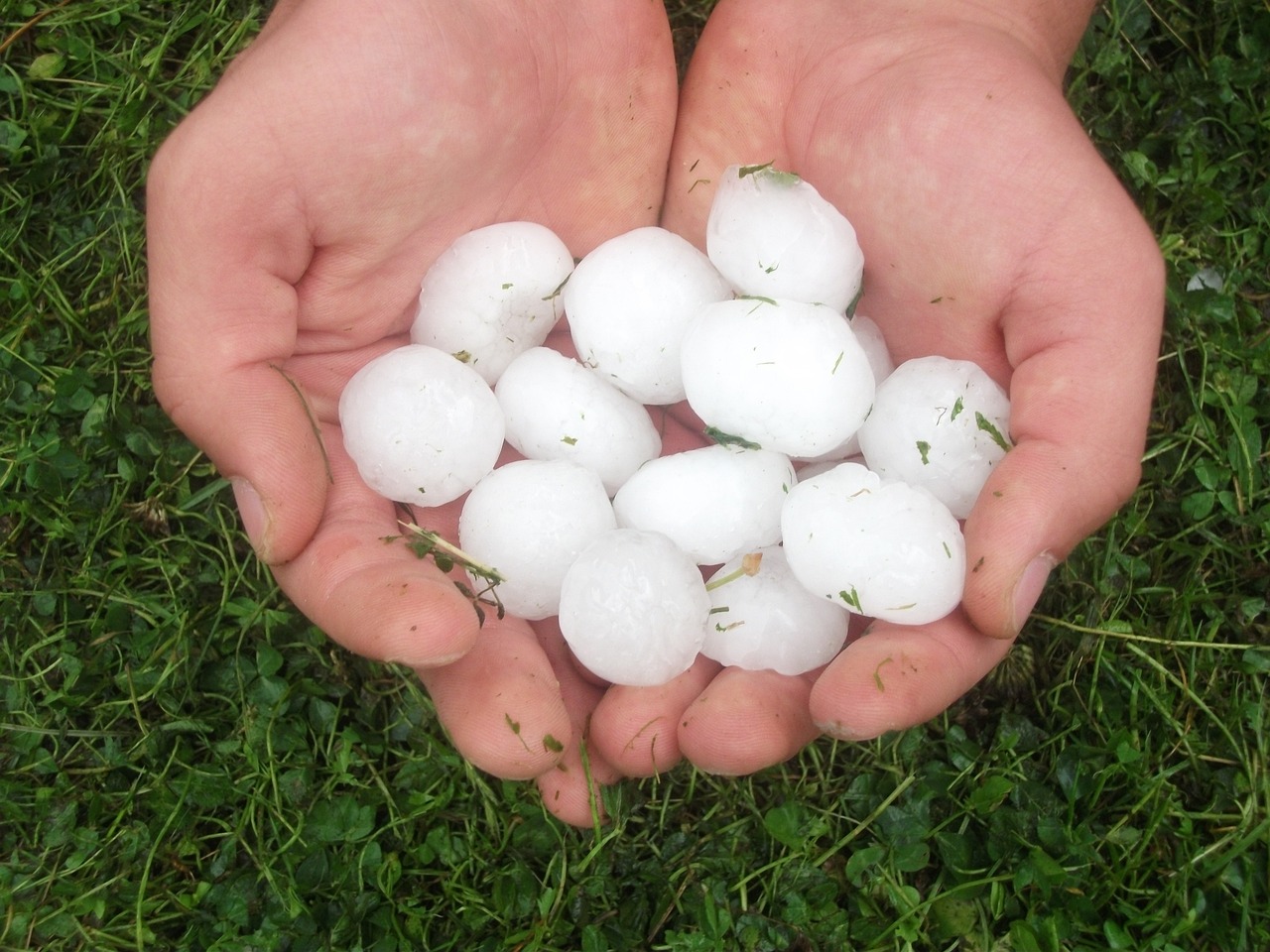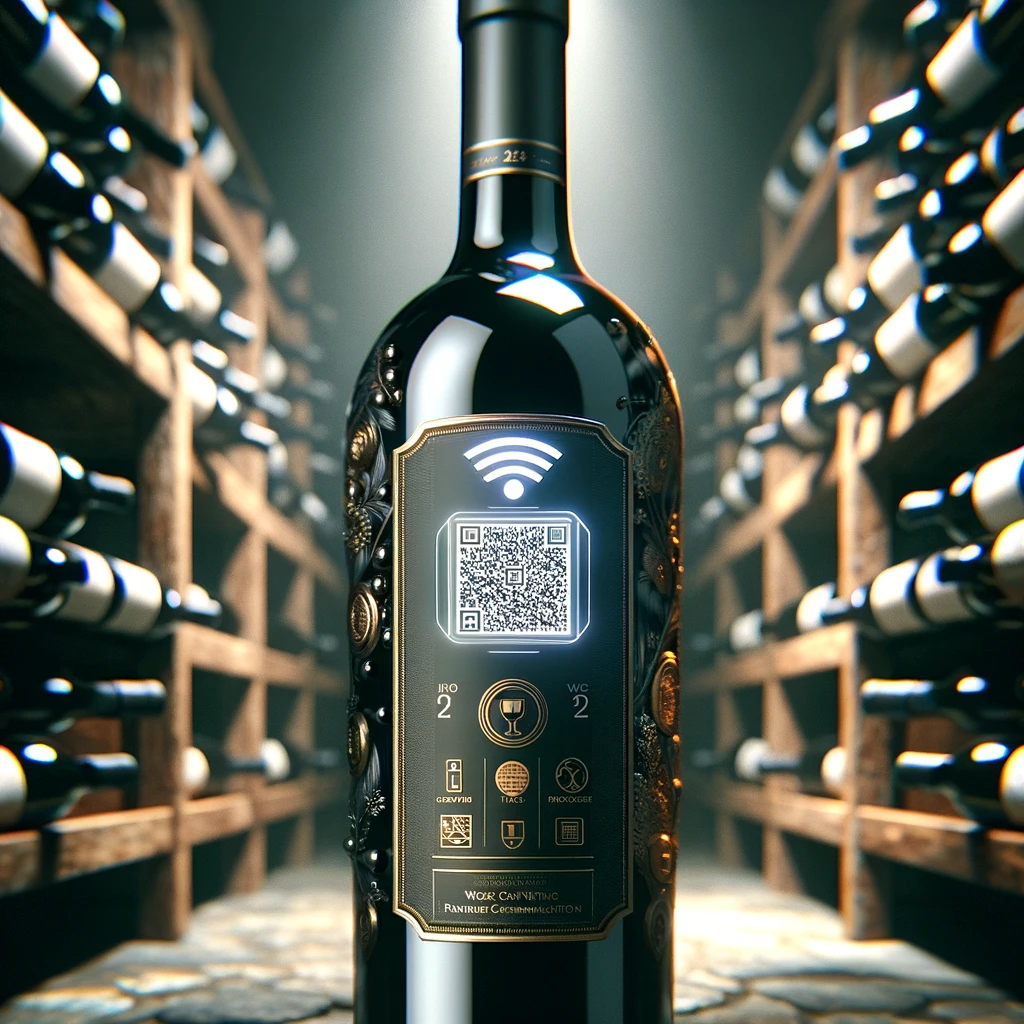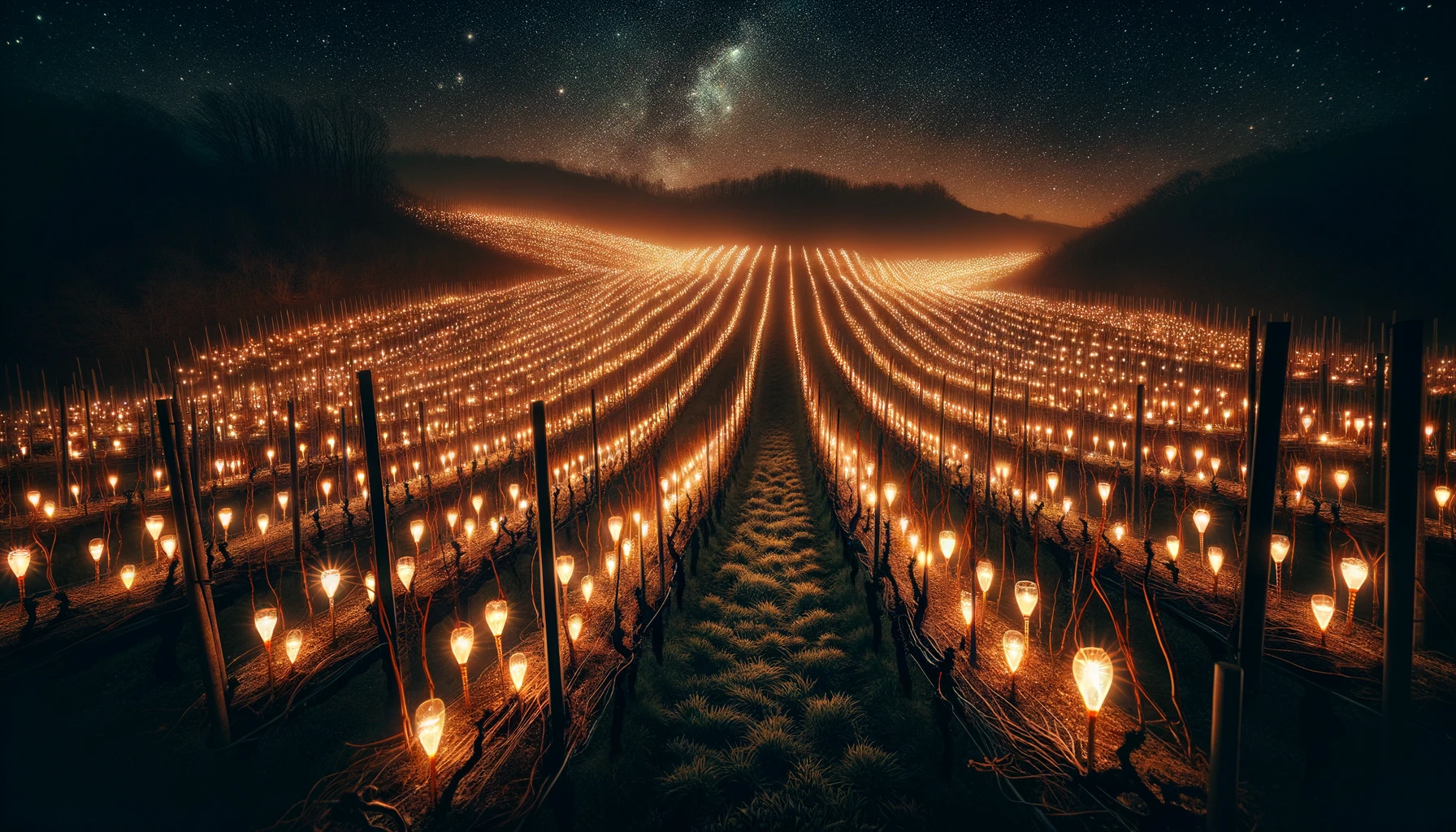Dealcoholisation of wine in part or entirely is one of the many aspects in the EU’s new Common Agricultural Policy you’ll read about in the latest JollyCellarMaster Weekly. The British government won’t bother as much about that anymore you’d assume as they have their things to care of thanks to Brexit. As always, this and more in our weekly round-up:
More Woes for UK Importers, Grape Varieties For Changing Climates and the New CAP
When it rains, it pours
I acknowledge to being based when it comes to Brexit, but you have to admit that things didn’t turn out to be so great as promised by Brexiteers in many ways. Empty shelfs, fuel shortages and long queues at customs are just some of the negative side effects of the UK reclaiming its sovereignty. We have already spoken about brave consumers bracing themselves for shortages and price hikes this Christmas, but it doesn’t seem to get much better in the New Year. A report that first appeared in the FT that “three quarters of Britain’s smaller importers are not prepared for new post-Brexit EU border regulations that come into force on January 1, 2022. These will, according to 2019 estimates by the UK government involve nearly 200m extra customs declarations.“
Its claim of unreadiness made by the UK Federation of Small Businesses that had asked its members; what makes it worse is that more than 12% of the companies polled said they would not be able to prepare for the new rules that require importers to give advance notice of European imports of food, drink and products of animal origin, and to make declarations and pay relevant tariffs at the point of entry upon arrival. That in itself is quite a challenge, so much that an extension was granted a year ago when the regulations should have come into force, but it was acknowledge not to be feasible. Yet, things don’t look much better one year on and it sounds like we will be seeing more queues at the ports
News from Geisenheim
Geisenheim University, the renowned German institution, has published the latest edition of PlanG. The university’s own paper offers news and articles on the work done at the school and if I had to pick a favourite from this one, it is probably the one on traditional grape varieties in the time of climate change. Written by Prof. Joachim Schmid, Bettina Lindner and Frank Manty at the department of grapevine breeding, it looks at the long-term effects of global warming in the form of higher temperatures and changes in the distribution of precipitation on the health of the grapes. The three argue that this is going to result in a change in the range of typical grape varieties, which in itself has been proclaimed before, but it gives a brief overview on the work of the department and how it helps tackle the challenges brought by climate change. Certain characteristics will become more important in the future due to the changing circumstances such as smaller berries, looseness or harder grape skins and the researchers concentrate on this through their work on clones and grape selection. There is more plus other interesting stuff in there, so if you want to test your German, go, check it out.
Wine without Alcohol and more
Last week also welcomed Regulation (EU) 2021/2117 of the European Parliament and of the Council amending Regulations (EU) No 1308/2013 establishing a common organisation of the markets in agricultural products, (EU) No 1151/2012 on quality schemes for agricultural products and foodstuffs, (EU) No 251/2014 on the definition, description, presentation, labelling and the protection of geographical indications of aromatised wine products and (EU) No 228/2013 laying down specific measures for agriculture in the outermost regions of the Union. Behind this catchy name is nothing else but the new Common Agricultural Policy of the European Union that comes with heaps of new measures introduced by European lawmakers.
De-alcoholised or partially de-alcoholised wines are likely to make the biggest headlines as thedesignation of the product category is now to be accompanied though wine and sparkling wine with a designation of origin or a geographical indication can only be partially de-alcoholised. These wines should contain in their product specification a description of the partially de-alcoholised wine and, where applicable, the specific oenological practices to be used to make the partially de-alcoholised wine.
The OIV reported that in line with ist own recommendations (OIV-OENO 394A-2012), the permitted dealcoholisation processes to partially reduce or almost totally eliminate the ethanol content in grapevine products are partial vacuum evaporation, membrane techniques and/or distillation.
Then there are rules on the sale of grapes, on the protection of the system of protected designation of origin and protected geographical indication in particular with a view to aromatized wine products among heaps of things on various kinds of agricultural products.
News earlier from Brussels that European lawmakers had apparently discussed the possibility of adding water to wine to improve the health of European citizens had caused quite a steer in the industry. Especially, the Italians weren’t overly happy about these considerations as they believed this approach to be potentially damaging to wine as a product and the reputation of their PDOs. The EU seems to have met these concerns with the limitation of de-alcoholised wines to products below PDOs and PGIs. It also points out in the regulation that “further research and experimentation would be necessary to improve the quality of those products and, in particular, to ensure that the total removal of the alcohol content allows the preservation of the differentiating characteristics of quality wines that are protected by a geographical indication or a designation of origin“. Which basically puts a lid on this one for the time being, but it remains to be seen how much consumers actually value the PDO and PGI system or whether they will simply care about the reduced alcohol levels and, for instance, a brand they trust.
—
And that’s all for the week but if you have an interesting story to tell or simply want to chat about wine as a guest on the Podcast, connect on Twitter or drop me a line. And if you want to stay in the loop about things happening at the JollyCellarMaster and the world of wine, make sure you sign up to our newsletter.
—
Disclaimer: As always, I’d like to be completely transparent about affiliations, conflicts of interest, my expressed views and liability: Like anywhere else on this website, the views and opinions expressed are solely those of the original authors and other contributors. The material information contained on this website is for general information purposes only. I endeavour to keep this information correct and up-to-date, I do not accept any liability for any falls in accurate or incomplete information or damages arising from technical issues as well as damages arising from clicking on or relying on third-party links. I am not responsible for outside links and information is contained in this article nor does it contain any referrals or affiliations with any of the producers or companies mentioned. As I said, the opinions my own, no liability, just thought it would be important to make this clear. Thanks!
